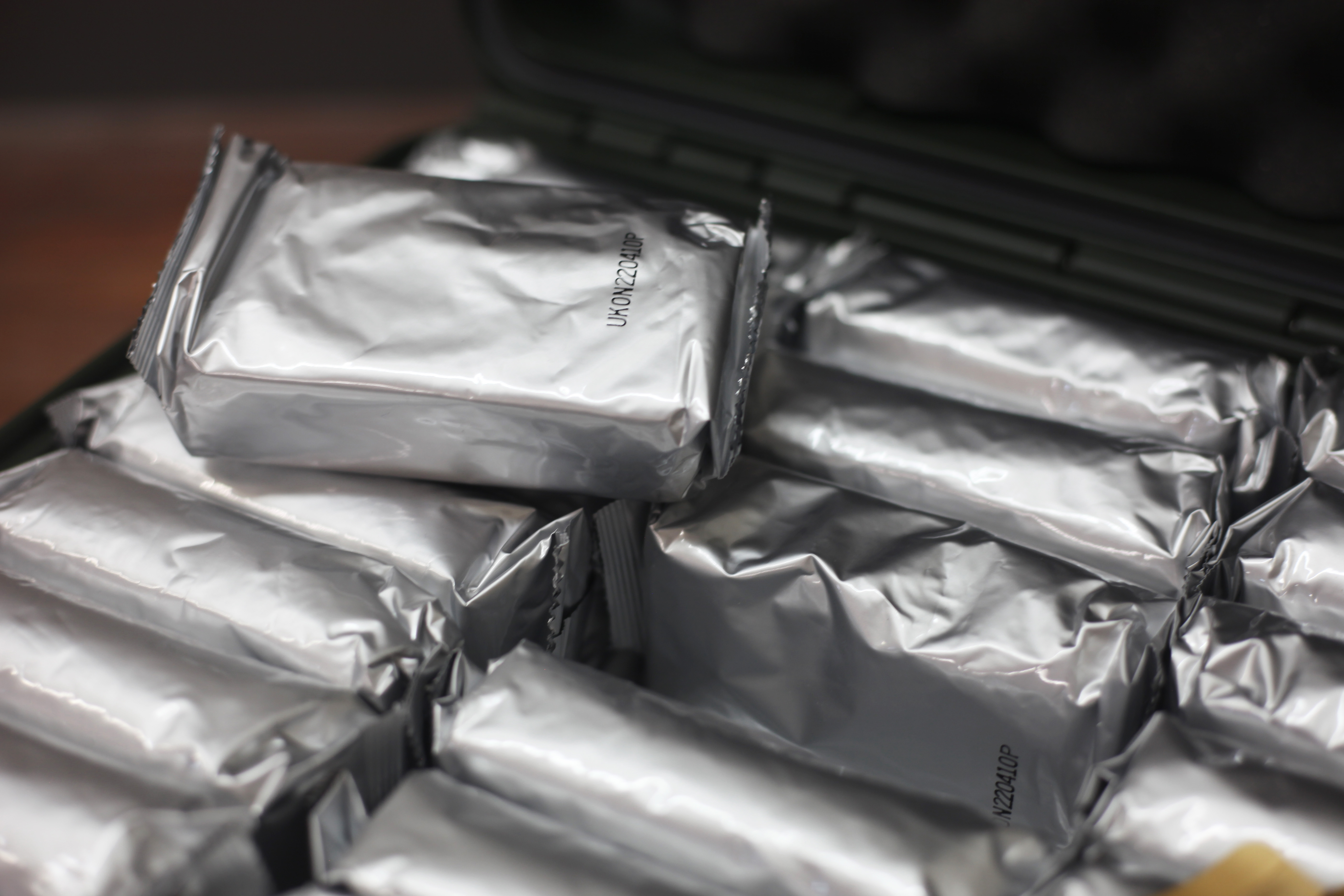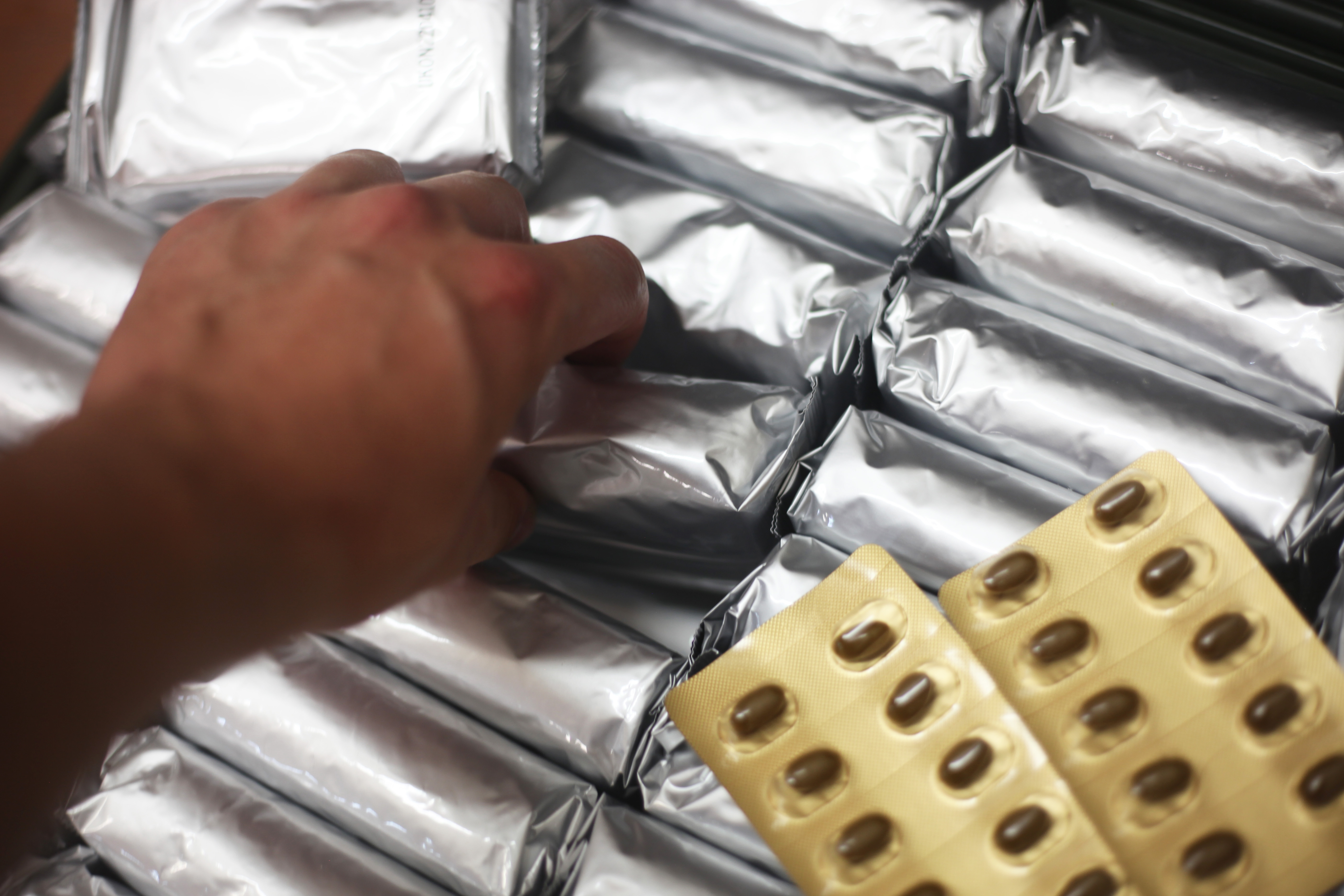

Countless Gods Harvested by the Enagic Corporation (1974)
3,600 Okinawan Turmeric Capsules (300mg each)
Okinawa has been a critical strategic location for the United States Armed Forces since the Battle of Okinawa and the end of World War II.
Okinawa Island had the bloodiest ground battle of the Pacific War from 1 April to 22 June 1945. During this 82-day-long battle, about 95,000 Imperial Japanese Army troops and 20,195 Americans were killed. The Cornerstone of Peace at the Peace Memorial Park in Itoman lists 149,193 persons from Okinawa – approximately one quarter of the civilian population – were either killed or committed suicide during the Battle of Okinawa and the Pacific War. Very few Japanese ended up in POW camps. This may have been because of Japanese soldiers' reluctance to surrender. The total number of casualties shocked American military strategists. This made them apprehensive to invade the other main islands of Japan, because it would result in very high casualties.
Japan became a pacifist country with the 1947 constitution, so America was obligated to protect Japan against foreign threats.
There are 32 United States military bases on Okinawa Island. U.S. bases on Okinawa played critical roles in the Korean War, Vietnam War, Laotian Civil War, Cambodian campaign, War in Afghanistan, and Iraq War.
In 1965, Admiral Ulysses S. Grant Sharp stated that “Without Okinawa, we couldn't continue fighting the Vietnam war.”
Yaoyorozu no Kami (八百万の神, Eight Million Gods) is a concept belonging to the Shinto religion. The phrase "eight million gods" doesn't mean there are exactly 8 million gods. It means there are too many gods to count.
Shinto believes in multiple gods and acknowledges that Kami are present in everything, such as weather, geography, and landscape. Yaoyorozu no Kami describes the numerous gods that exist in the world. These gods are often depicted as having human-like qualities and forms. They are believed to be protector deities that can bring blessings or harm to humans. They are also called "guardian gods" that provide blessings to people, but they can also torture or harass humans. This dual nature of Kami makes them both revered and feared...
A god has a mind just like us, they get happy, sad, and sometimes angry and these feelings cause natural phenomena like heavy rain, tsunami, earthquake, etc. Therefore, in Shintoism, just like living in human societies, we need to care about gods’ feelings to coexist.
When I was little, I was taught that I had to handle things carefully and not to waste them. For example, if I broke a pencil on purpose, the pencil’s god would be hurt and sad.
All things, including the Gods, humans, and objects, come from the Lord of the August Center of Heaven, the first and supreme God. Lord of the August Center of Heaven is the source of the universe and life, and is considered the principle of life. Life is at the center of both universal and human doctrines because everything originates from this supreme life. The nature of life is to expand itself.
Some of the 8 million kami are tutelary deities, but most kami do not receive any worship.